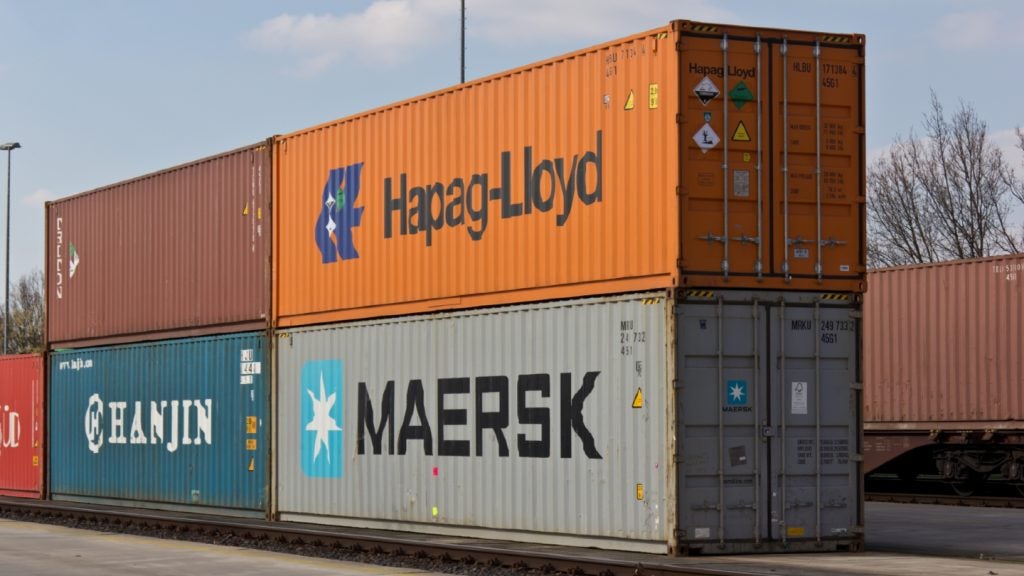Two of the shipping industry’s biggest players have united: Maersk and Hapag-Lloyd have signed a long-term cooperation agreement that will create a fleet pool with a combined capacity of 3.4 million containers (TEU).
The agreement, named Gemini Cooperation, will begin in February 2025 after Maersk’s pre-announced exit from its M2 alliance with MSC, meaning Hapag-Lloyd will also leave the influential THE Alliance in a surprise move.
Rolf Habben Jansen, CEO of Hapag-Lloyd, said: “Teaming up with Maersk will help us to further boost the quality we deliver to our customers. Additionally, we will benefit from efficiency gains in our operations and joint efforts to further accelerate the decarbonisation of our industry.”
Gemini Cooperation will consist of a 290 vessel fleet, a 60-40 split between Maersk and Hapag-Lloyd, with a target of achieving schedule reliability of more than 90%.
The collaboration will include 26 mainline services across seven trades, including Asia/US West Coast, Asia/Mediterranean, and Middle East – India/Europe and Transatlantic.
Maersk CEO Vincent Clerc said: “By entering this cooperation, we will be offering our customers a flexible ocean network that will be raising the bar for reliability in the industry. This will strengthen our integrated logistics offering and meet our customers’ needs.”
The Danish and German companies are two of the world's biggest shipping companies and, while Hapag-Lloyd is not as big as Maersk's current partner MSC, their partnership will likely prove a significant power in the industry.
Hapag-Lloyd and Maersk’s announcement comes at a pivotal time for the shipping industry as it faces drought restrictions at the Panama Canal and increasing conflict between Yemen’s Houthi militant group and the UK/US in the Red Sea.
The latter issue has led both companies to divert vessels away from the region, including vital trade route the Suez Canal, as they seek to avoid the group’s pledge to attack vessels of ‘any nationality’ that headed to Israeli ports.









